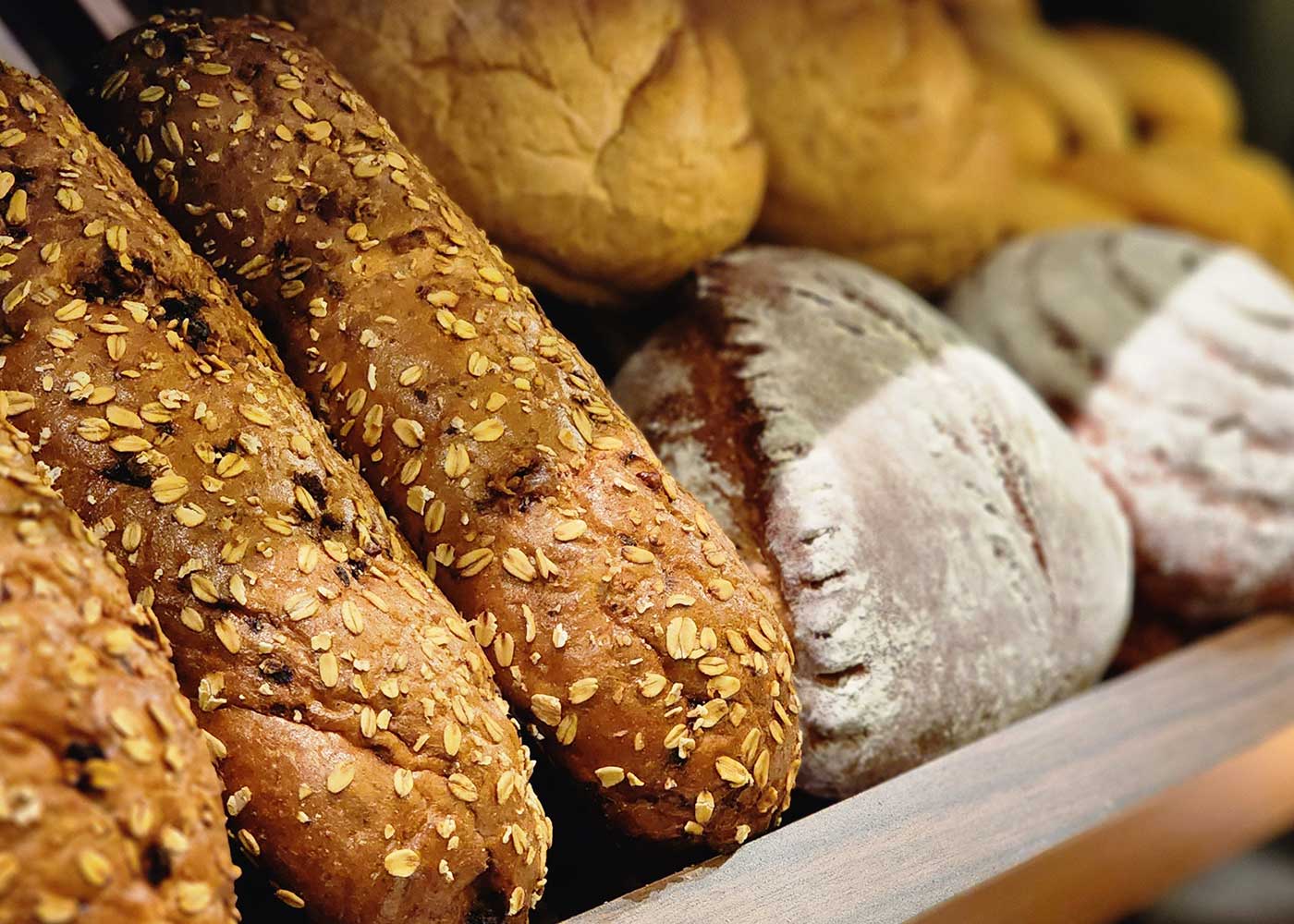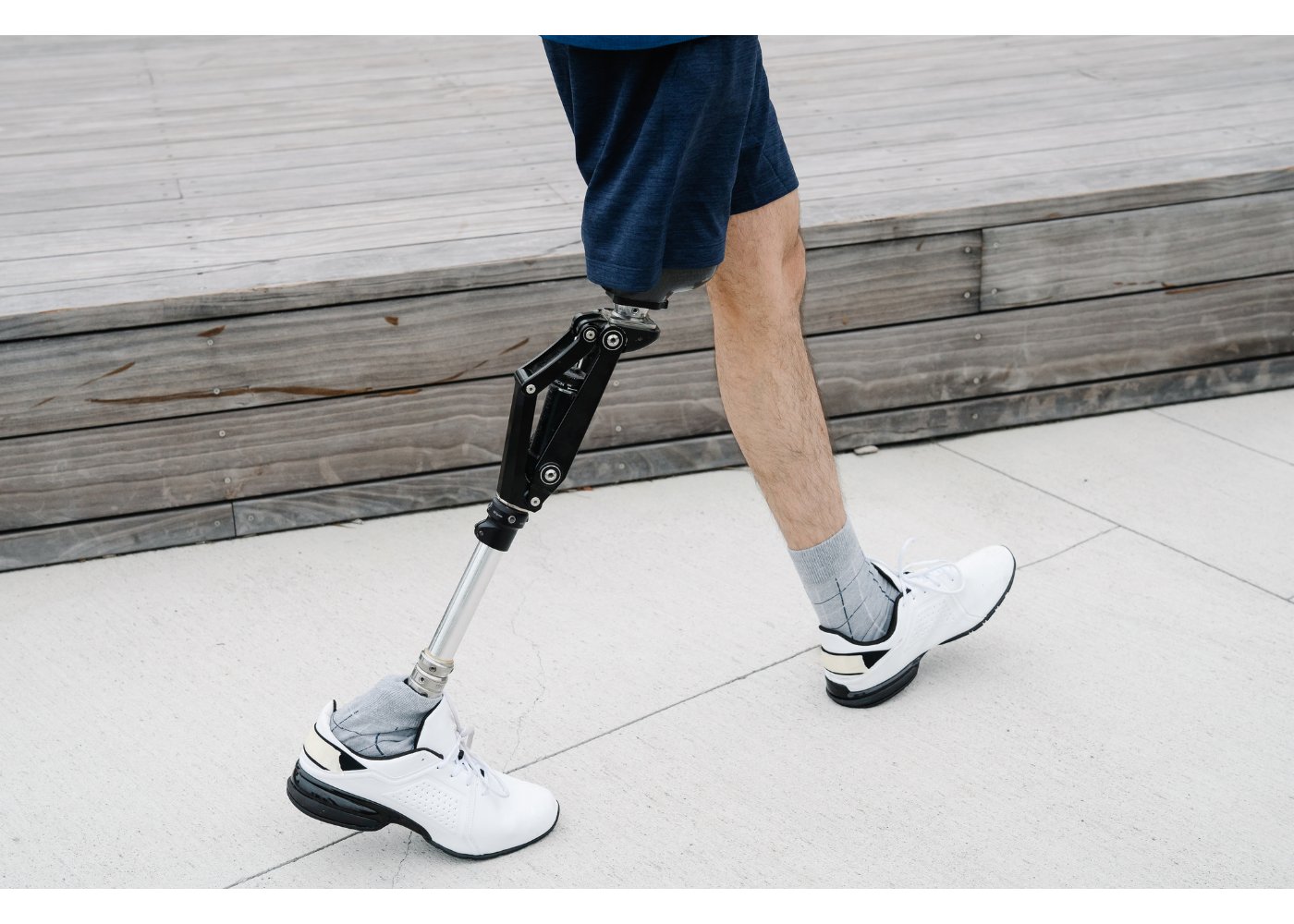Gluten aids in the structure of breads and baked goods.
However, it can be problematic for people who have food allergies or autoimmune
diseases. Continue reading to learn more about gluten, how it affects the body,
and when gluten-free alternatives are preferable.
What Is Gluten?
Gluten is a protein found in grains such as wheat, rye, and
barley. When gluten is combined with water, it acts as a glue to help foods
retain their shape. Gluten is responsible for the chewy texture of bread and
pizza crust, but it can also be found in a variety of other foods.
Where Is Gluten Found?
Gluten is present in the majority of whole grain products.
Examine food labels and ingredient lists carefully for the following primary
gluten sources:
Wheat: Although there are many different types of wheat, the
same species is grown in 95 percent of the world's wheat crops: Triticum
aestivum. Wheat flour can be found in a surprising number of foods. Bread,
baked goods, flour tortillas, and pasta are just a few examples. It's also in
nutritional supplements, condiments, salad dressings, soy sauce, marinades,
seasonings, soups, gravies, ales, and cereals. Wheat starch is widely used as a
thickener and binding agent in meat substitutes like seitan.
Barley: Barley is a gluten-containing grain that is used to
make malt beverages such as malted milk, milkshakes, malt extract, malt syrup,
malt vinegar, and malt flavoring. It's also in soups, food colorings, beer, and
brewer's yeast.
Rye: Rye is a key ingredient in many types of bread,
including pumpernickel and rye bread. Rye is found in some granola and cereal
products, as well as some alcoholic beverages such as beers, ales, lagers, and
whiskies.
Triticale: Triticale is the result of a cross between wheat
and rye. It is a relatively new grain that has been bred to have the quality of
wheat and the resilience of rye. It can be found in bread, pasta, and cereal.
Oats: Oatmeal is technically gluten-free. However, because
many farmers grow oats alongside wheat, barley, or rye, they are frequently
contaminated. Gluten-intolerant people should only eat gluten-free oats,
according to the Celiac Disease Foundation.
Impact of Gluten on the Body
Gluten has no adverse effect on the majority of people.
Celiac disease and gluten ataxia, on the other hand, are serious medical
conditions that can result in severe reactions. Here's a closer look at how gluten
can affect people who are sensitive to it:
Non-celiac gluten sensitivity: Non-celiac gluten
sensitivity (NCGS), also known as gluten intolerance, affects people who have
not been diagnosed with celiac disease but experience gluten-related
gastrointestinal discomfort. Bloating, constipation, gas, diarrhea, nausea, and
abdominal pain are some of the symptoms. Some people report
non-gastrointestinal symptoms such as headaches, brain fog, and depression.
Wheat allergy: Wheat allergies are often confused with
gluten intolerance because they share many of the same symptoms. Individuals
with a wheat allergy, on the other hand, can frequently consume
gluten-containing grains such as barley and rye.
Celiac disease: Celiac disease, also known as coeliac
disease, is an autoimmune disease that damages the small intestine. When a
person with celiac disease consumes gluten, their immune system is alerted to
attack the gluten proteins in the cells of their small intestine. Although
celiac disease affects about 1% of the population in the United States, there
is no cure. Patients can, however, lessen the disease's impact by adhering to a
strict gluten-free diet. Unwanted weight loss, osteoporosis, skin rashes,
bloating, diarrhea, nausea, abdominal pain, and headaches are all symptoms.
Gluten ataxia: Gluten ataxia is a rare neurological
autoimmune disorder in which the immune system attacks brain cells in response
to gluten consumption.
Is Gluten Bad for You?
The short answer is no”the majority of people will not
notice any significant impact from gluten consumption. Many gluten-containing
foods, particularly those made with whole grains, have a long list of health
benefits, including a lower risk of heart disease, stroke, and diabetes.
Consuming too many carbohydrates and processed foods can be detrimental to your
health.
Gluten is a natural byproduct of whole grains and is not
inherently harmful. Some people, however, have reported negative reactions to
gluten-containing grains, ranging from gluten intolerance to wheat allergies to
autoimmune disorders such as celiac disease or gluten ataxia. If you have
negative side effects after eating gluten, talk to a doctor or a dietitian
about switching to a gluten-free diet.
When to Avoid Gluten
Limiting the amount of gluten in your diet can help you eat
fewer carbs and live a healthier lifestyle. Although not everyone needs to
avoid gluten, there are some situations where it is necessary:
If you are allergic to wheat, avoid gluten. Although a
person with a wheat allergy could eat other gluten-containing foods,
cross-contamination could cause problems. To avoid the possibility of an
allergic reaction, look for gluten-free substitutes.
If you have IBS, you should avoid gluten. Gluten can
aggravate IBS symptoms. IBS can be managed by avoiding processed foods as much
as possible and supplementing your diet with gluten-free products.
If you have an autoimmune disease, avoid gluten. The effects
of celiac disease and gluten ataxia on the human body can be devastating and
compound over time. If you have symptoms of an autoimmune disease, stop eating
gluten immediately and consult your doctor.
If gluten makes you feel bad, avoid it. Every person is
unique, and every diet should be as well. If gluten makes you sick, choose
gluten-free grains over wheat, barley, and rye. Consider incorporating a
gluten-free diet into your daily routine if you notice an improvement in your
health. Inquire with your doctor about an antibody test to rule out allergies
or autoimmune diseases.
If you wish to contribute to our blog, please email us on morhadotsan@gmail.com.























